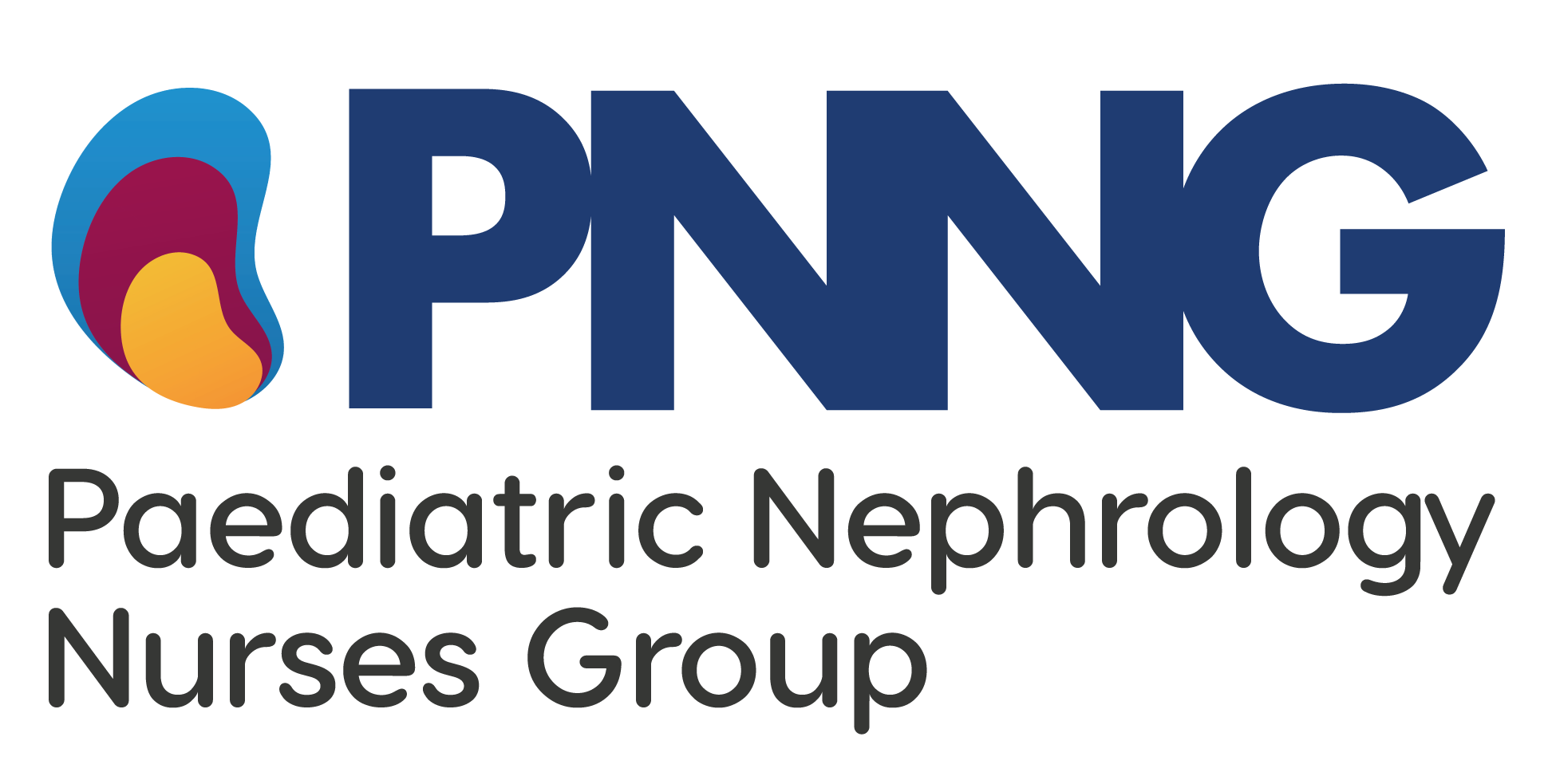National Paediatric Renal
Nursing Competencies

Theory Workbook
Practical Competencies
Paediatric Nephrology Nurses Group
Diane Blyton, Anna Forbes, and Daniel Speakman
The competencies are now live on the NHS DLS platform!
Units will onboard users at different rates, so please wait for your educator or supervisor to guide you through signing up. If you're the lead in your unit, this information will help guide you through getting started.
About the National Paediatric Renal Nursing Competencies
Pilot programme
National Paediatric Renal Nursing Competency Framework
Additional Resources
Core Kidney Care
Haemodialysis
- Clinical Practice Guidelines for Haemodialysis (UK Kidney Association)
- Fielding, C. Chapter 8 Haemodialysis IN Thomas, N. (Ed) (2019) Renal Nursing. Care and Management of People with Kidney Disease. Wiley Blackwell, Oxford. (New edition pending)
- Fischbach, M., Edefonti, A., Schröder, C., Watson, A., & European Pediatric Dialysis Working Group. (2005). Hemodialysis in children: general practical guidelines. Pediatric Nephrology, 20: 1054-1066. DOI: 10.1007/s00467-005-1876-y.
- British National Formulary for Children (BNFC) (NICE Guidance)
- Clinical Practice Guidelines: Vascular Access for Haemodialysis (UK Kidney Association)
- Parisotto, M. T., Pinto, B., Miriunis, C., Pelliccia, F., Morris, I., & Romach, I. (2018). Vascular Access Management and Care: A Nursing Best Practice Guide for Central Venous Catheter. EDTNA/ERCA.
- Managing Access Cannulation (MAGIC) eLearning (education.ukkidney.org)
- Vascular Access Society of Britain & Ireland (VASBI)
- Seizures in patients undergoing hemodialysis (uptodate.com)
Clinical practice guidelines
- Clinical Practice Guidelines for Haemodialysis (UK Kidney Association)
- Clinical Practice Guideline Management of Blood Borne Viruses within the Haemodialysis Unit (UK Kidney Association)
- Guideline on water treatment systems, dialysis water and dialysis fluid quality for haemodialysis and related therapies (UK Kidney Association)
- Clinical practice guideline on water treatment plant and quality of water for haemodialysis and related therapies (UK Kidney Association)
More specific references
Haemodiafiltration
- Pedreros-Rosales, C. , Jara, A., Lorca, E. , Mezzano, S. ,Pecoits-Filho, R. and Herrera, P. (2023) Unveiling the Clinical Benefits of High-Volume Hemodiafiltration: Optimizing the Removal of Medium-Weight Uremic Toxins and Beyond. Toxins 15:531.
- De Zan, F. Schmitt, C. P. and Shroff, R. (2022) Hemodiafiltration in the pediatric population. Seminars in Dialysis. 35:427-430.
- Park, H. C., & Lee, Y. K. (2021). Who is the winner, pre-, post-, or mixed-dilution hemodiafiltration? Kidney Research and Clinical Practice, 40(3), 332.
Single needle haemodialysis
- Coulthard, M. G., & Sharp, J. (2001). Haemodialysing infants: theoretical limitations, and single versus double lumen lines. Pediatric Nephrology, 16, 332-334.
- Vanolder, R. (2020) Single needle hemodialysis: is the past the future? Journal of Nephrology 33:49-58.
Endovascular arteriovenous fistula
- National Kidney Foundation (2021) The Endovascular Arteriovenous Fistula: A clinical update (kidney.org)
- NICE Guidance IPG710 Percutaneous endovascular forearm arteriovenous fistula creation for haemodialysis access
- Tyagi, R., Ahmed, S. S., Navuluri, R., & Ahmed, O. (2021, December). Endovascular arteriovenous fistula creation: A review. Seminars in Interventional Radiology 38(05): 518-522.
Peritoneal Dialysis
- International Society for Peritoneal Dialysis (ISPD) Guidelines
- Arminda Tavares, M., & Hoekstra, B. (2022). Peritoneal Dialysis: A guide to achieving proficiency. European Dialysis and Transplant Nurses Association/European Renal Care Association.
More specific references
- Baxter. (2020). Start smart stay strong manage your patients' long dwell with Extraneal.
- Baxter. (2015, October) Medication Guide: Extraneal Peritoneal Dialysis Solution.
- Baxter. (2010, October). Extraneal (icodextrin) Peritoneal Dialysis Solution: A Guide for the PD Nurse.
- Baxter Manual
- Biel, L., Bonadio, T., Farina, J., & Fleming, W. (2005). The peritoneal equilibration test. Nephrology Nursing Journal, 32(4), 452.
- Deslandes, G., Grégoire, M., Bouquié, R., Le Marec, A., Allard, S., Dailly, E., ... & Navas, D. (2016). Stability and compatibility of antibiotics in peritoneal dialysis solutions applied to automated peritoneal dialysis in the pediatric population. Peritoneal Dialysis International, 36(6), 676-679. DOI:10.3747/pdi.2015.00018.
- Madden, I., Blaauw, M., Baugh, N., Rees, L., & Shroff, R. (2020). Chronic peritoneal dialysis in children. Paediatrics and Child Health, 30(9), 319-327. DOI: 10.1016/j.paed.2020.06.005.
- Szeto, C. C. (2018). The new ISPD peritonitis guideline. Renal Replacement Therapy, 4, 1-5. DOI:10.1186/s41100-018-0150-2.
- Wu, K. L., & Chen, J. S. (2013). Right shoulder pain in peritoneal dialysis. Nephrology, 18(11), 743-743. DOI:10.1111/nep.12150.
Educator and Assessor Guide
Help us improve!
Please use the form to report any errors or omissions, to share insights, or suggest other improvements.
Thank you for making a difference!
Paediatric Nephrology Nurses Group
These materials were written and ratified by experts from the Paediatric Nephrology Nurses Group (PNNG).
About the authors
Dan Speakman
Anna Forbes
Diane Blyton
Her interest is in supporting the education of all nurses in managing children with renal conditions and renal replacement therapies, within the renal speciality and beyond.
Developed in partnership with
The Paediatric Nephrology Nurses Group is a collection of representatives from each of the 14 children’s renal units in the UK and Ireland. The main functions of the group are to organise the Annual Paediatric Nephrology Nurses Conference, share and inform of best and changing practice, ensure of up-to-date information feedback from industry and encourage participation in research and education programmes.
For 72 years, the Renal Association, now the UK Kidney Association, has been energetic in promoting and sharing research to improve outcomes for people with kidney disease. We have taken a lead in the education of clinicians and scientists and more recently we’ve evolved to take a major role in training doctors and developing clinical services. We are transforming how kidney care and research are delivered in the UK and beyond.
